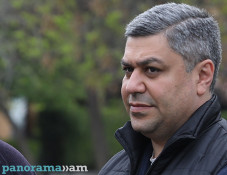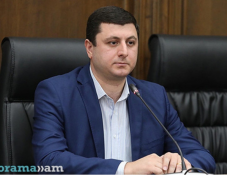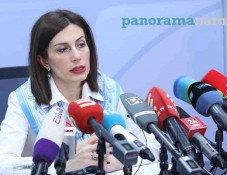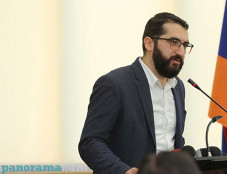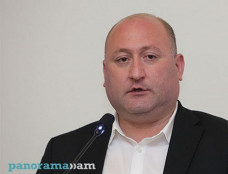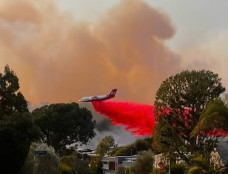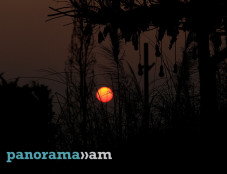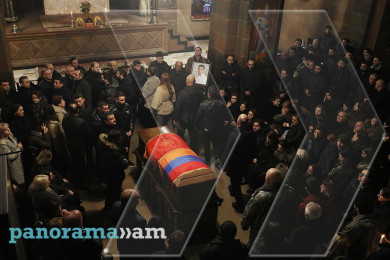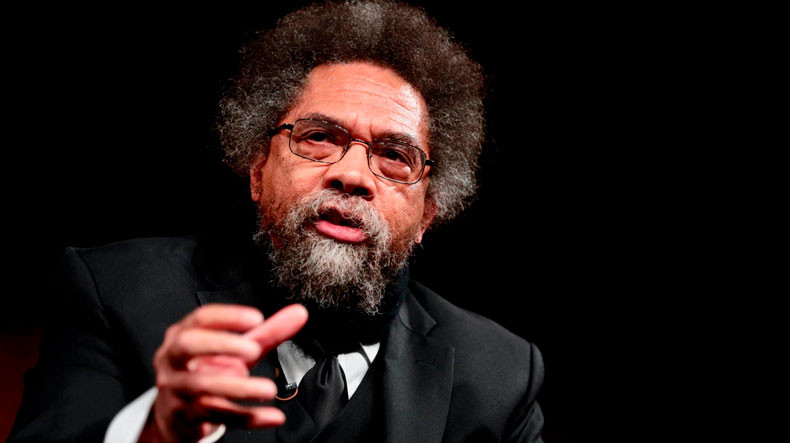
Cornel West: We don’t hate our brothers and sisters from Azerbaijan, Turkey, we hate extermination and subjugation
Renowned American philosopher, theologian, political activist, social critic, author and public intellectual Cornel West raised his voice in deep solidarity with “historical” Armenian people at UCLA Promise Armenian Institute's October 31 conference, "Nagorno-Karabakh/Artsakh and the Palimpsests of Conflict, Violence, and Memory."
He began his "Words in Solidarity" address with the first Armenian words written by Mesrop Mashtots, “To know wisdom and instruction, to perceive the words of understanding”, which, according to the scholar, constitutes crucial pillars for the surviving and thriving of the Armenian people.
In Cornel West’s words, it’s rare in human history that one people’s identity is so fundamentally focused on “a Palestinian Jew named Jesus” and Christianity.
“The universalism, internationalism, so the specificity of what it means to be an Armenian rooted in the prophetic legacy of Jerusalem and the Socratic legacy of Athens, is one in which we start in solidarity,” he stated.
The philosopher underlined that at present neo-fascists are causing tensions all over the world.
He said that when it comes to history, murder, madness, massacres, Adana, Hamidia, Raphael Lemkin coined the word genocide with the Armenian sisters and brothers in mind.
“That history must not paralyze us, must not debilitate us, must not even blind us…We are not hating our brothers and sisters from Azerbaijan, Turkey, the Ottoman Empire, we are hating domination, extermination and subjugation. Why? Because we ourselves are also capable of dominating others, of hating others, of traumatizing others, but we refuse to be silent, we refuse to hold our tongues when our precious loved ones are being subjugated, dominated and exterminated," says West, referring to the rich Armenian culture and William Saroyan, who had a great influence on his intellectual shaping.
West urges Armenians not to get discouraged and not to let anything dampen their fire, the “sacred fire that burns inside you, and it burns in such a way that you tell the truth, you seek justice.”
Newsfeed
Videos





